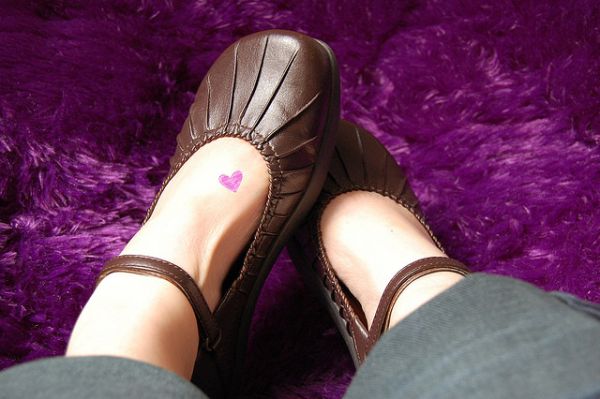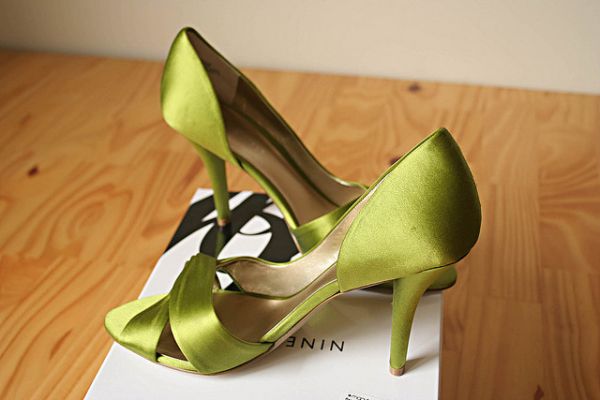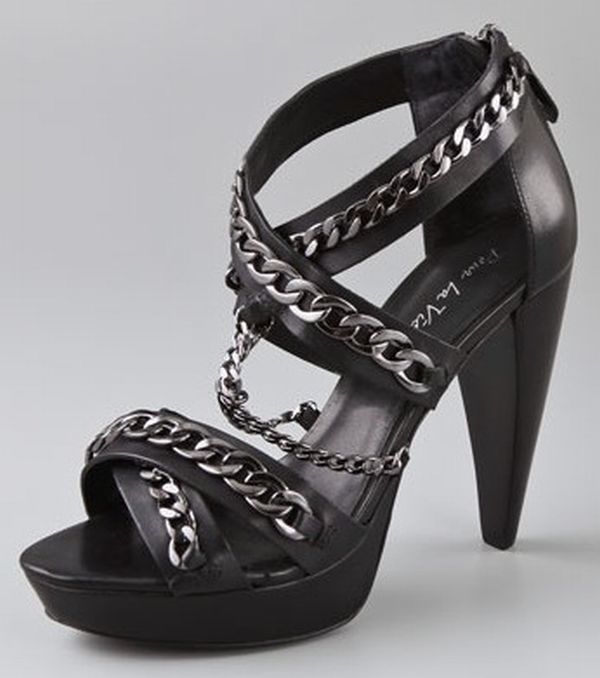Before we start our discussion, let us know what is a vegan shoe? A shoe that we can eat? Or just food having a fancy name?

What is vegan Shoe?
Well, neither of the two. It is footwear made without any animal ingredients or byproducts. Simply, the footwear is made without any use of animal from any way. Shoes are made with a variety of materials that come from animals, including leather, silk, fur and wool. But mostly footwear using leather is frowned upon.
How eco friendly are they?
Now that we have understood what actually a vegan shoe is, let us know how eco-friendly are both of the options. Let’s start with shoes that are made from animals. Raising animals for their skin involves clearing trees for pastures, as well as energy-intensive feeding and the use of antibiotics that find their way into the food chain and cause harm to the organisms that are higher on the food chain by the process of biomagnifications. Also, Animal hides must be chemically treated, or tanned, to prevent them from deteriorating. Chemicals such as hydrogen sulfide, ammonia and chromium are often used, and they can leach into soil and water in high enough levels to be carcinogenic. Therefore many tanning industries have drawn concern from environmental groups and the United Nations, especially in developing countries.

Problems faced by Vegan shoes
Now let us see what are the problems faced by the vegan shoes. Synthetic leathers are used as a substitute for leathers in vegan shoes and they are often petroleum-based, and also require toxic chemicals in production. Some faux leathers are even made of polyvinyl chloride, or PVC, which contains phthalates, chemical additives linked to a variety of health problems. Certain vegan leathers are cork- or kelp-based, and many mainstream leather alternatives are a blend of cotton and polyurethane. While polyurethane is far from eco-friendly, it’s less problematic than PVC.
The question of which one is greener does not end here.
Petroleum is a depleting and a polluting resource. Producing material like cotton requires a lot of water, pesticide and fertilizer to grow. By research it is found that less than 1% of the cotton grown is organic.
Still, some vegan shoe companies, such as Kailia do use organic cotton. Others like Cri de Couer use materials like post-industrial polyester and reclaimed soles to make their footwear. While many of the synthetic materials used to make vegan shoes are derived from petroleum, some companies have established closed-loop recycling programs that allow consumers to return worn-out shoes. Parts of those shoes are then used to create new ones. But many of such companies’ headquarters are in Asia where the labor laws are weak.
Hence it is a tough question whether vegan shoe is eco friendly or not and the only advice that can be given is to do proper research before buying your shoe.
Summary:
This is a new range of eco friendly shoes made from non toxic material helping to keep the environment clean and pollution free.



